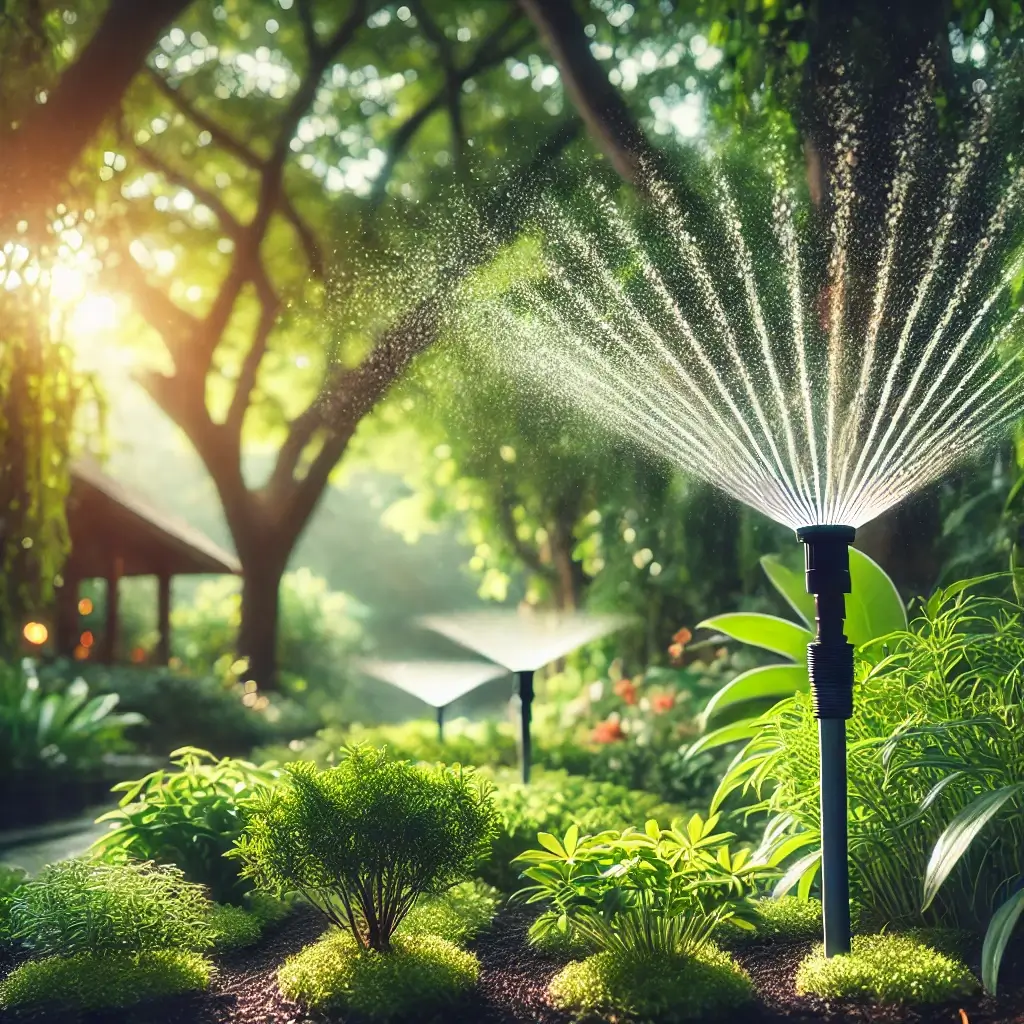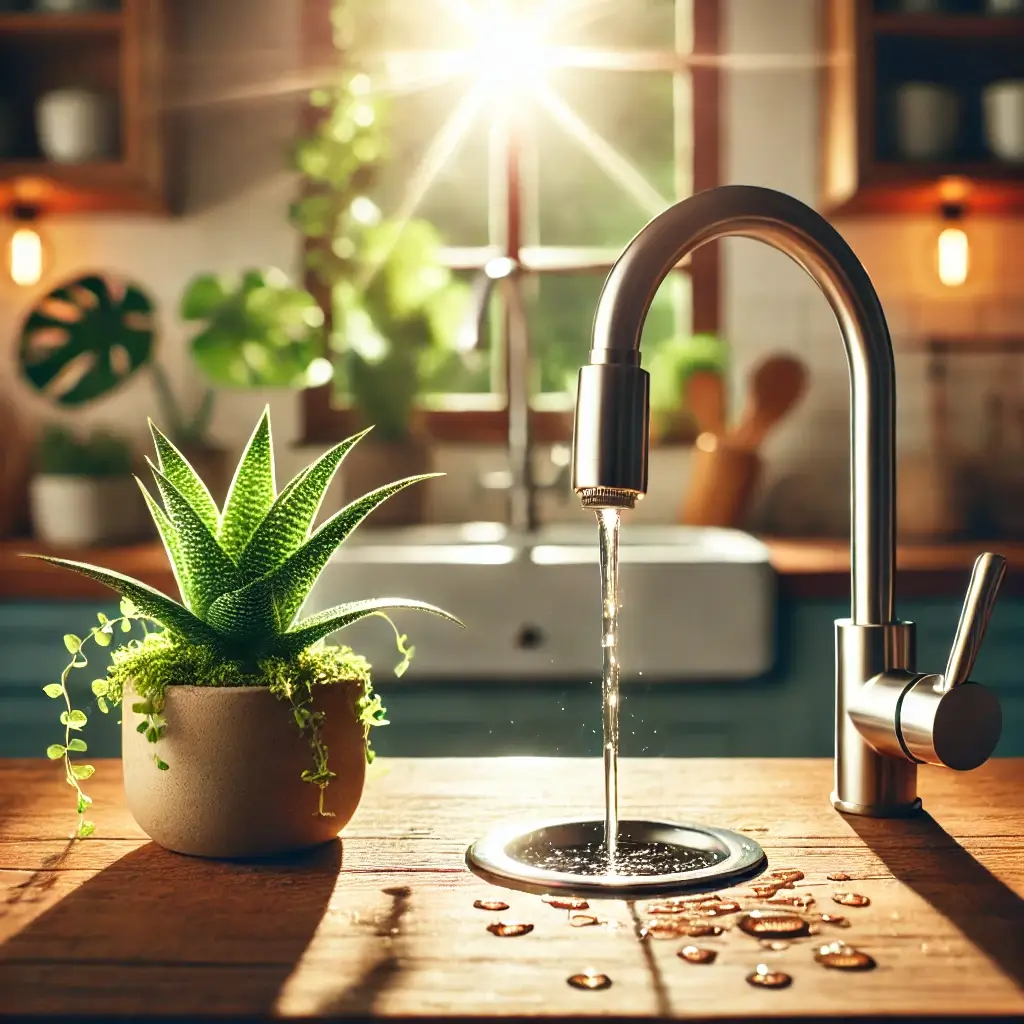Water conservation at home is a crucial task for sustainability and minimization of environmental footprints. Tequion urges everyone to practice simple and cost-effective measures that help in saving the environment and making their household bills lower. Over time, even without water saving devices, changes in water usage behavior will lead to certain homeowners seeing improvements. Knowing the answer to the question how can people conserve water at home and performing the simple steps related to this will help bring a change that is beneficial to both the environment and one’s pocket for a long time.
Why Water Conservation Matters
The Environmental Impact of Water Use
It is important for the environment to save water at home because it minimizes water wastage and usage of energy. When you make a consistent effort to follow simple practices on water conservation at home, you use less water hence easing the pressure on the available resources and reducing the chances of water scarcities as well as the resources of water company to clean and supply water which takes lot of time and effort. Saving water at home is not simply a question of ease it is required, so that the young ones of today are not deprived of clean water for their use and the earth does not suffer from scarcity.
The Economic Benefits of Water Conservation
By understanding how to conserve water at home, a typical household can decrease water as well as energy expenses. Understanding how can we conserve water at home assists the person in realizing how little actions can affect the bill at the end of the month. In this case, if steps like fixing leaks, replacing toilets, or using energy efficient appliances are taken water conservation results in low utility bills. Furthermore, orienting on how can you conserve water at home helps families avoid wastage of energy used in heating, water to clean utensils for instance, which saves money without affecting end results.
Simple and Effective Ways to Conserve Water Indoors
Fixing Leaks and Dripping Faucets
Water wastage at home can most often be connected to leaks. A slow leaking faucet may increase your water bill by hundreds of dollars every year. How can people save water at home ? fixing leaky plumbing systems is one of the most effective ways of addressing unnecessary water use. Actions taken to stop the fixable leak from a kitchen sink and a toilet bowl on the flush, reduces waste and saves money. Handling such problems as soon as possible can help improve the efficiency of the entire house.
Installing Low-Flow Fixtures
Water conservation at home could be done by using low flow faucets, showerheads and toilet systems. Such fittings are made to restrict the amount of water used without losing functionality. How to conserve water at home is a question that is answered by low flow fittings, because they save millions of Gallons in a year. For instance low flow shower heads can save 2,000 gallons of water every single year which is a significant reduction of water consumption in a house. Therefore, these fixtures are an effort on the part of the household, in reducing their water footprint.
Shortening Shower Times
One of the easiest and most practical methods of water conservation at home is taking a quick shower. Research estimates that if everybody’s shower duration is reduced by 1 minute per day, almost 170 Billion gallons of water will be conserved in a year. Implementation of this practice assist in reducing the amount of water used in a household without taking too much trouble or hassle.
Using Energy-Efficient Dishwashers and Washing Machines
You can also replace older, non-energy efficient dishwashers and washing machines with more recent and energy efficient one which will help in conserving water. These appliances use Water saving features making them the best appliances for moderating the use of water in houses. It is also important to note that by selecting high efficiency models, you will also be reducing the energy consumption which is also one way of How can people conserve water at Home, These affordable changes help in the water conservation at home and also assist in lessening ones energy bill, which no doubt adds up over time.
Outdoor Water Conservation Tips
Smart Irrigation Techniques
The implementation of advanced watering practices like drip irrigation as well as minimizing watering plants during the less hot periods of the day, has proved positive results in minimizing the amount of water usage outdoors. when asked the question, how can we conserve water at home in the garden?”. This is because drip irrigation provides water directly to the roots of plants and so reduces the chances of loss of water through evaporation and runoff which aids in saving the water. Also, watering during night reduces waste of water since it is not wasted through evaporation during hot temperatures, thus every single drop of water is utilized efficiently.

Choosing Native Plants
Water conservation at home could also be accomplished by using native plants, they have evolved with the local climate, they generally require less water and care. It is advantageous to use native plants when landscaping, as it helps save water outdoors. The use of native plants helps in minimizing the amount of water used for irrigation thus saving on time and money as well as improving the ecological conditions. They are an eco-friendly way to enhance the beauty of your garden without increasing water use.
Collecting Rainwater for Gardening
Utilizing rainwater collection for gardening helps a lot in minimizing dependence on the water supply. This means collecting rainwater during the wet months and storing it for the use, during dry seasons. water conservation at home can be achieved if rainwater collection system is installed to catch free water falling off the roof. The collected water can, however, be used for watering outdoor vegetation plants and thereby reduce the amount of tap water used to the barest minimum. Rainwater harvesting can help conserve a few hundred gallons at least in each household, especially during heavy gardening years.
Water Conservation in Everyday Habits
Turning Off the Tap While Brushing Teeth or Washing Dishes
Another easy and practical way to save water is to switch off the tap when performing activities such as washing hands, brushing teeth, or washing dishes. Oftentimes the question, how do you conserve water at home ? could be answered by this. Research indicates that even a simple act of pausing the water flow when brushing teeth can result in saving as high as 3-5 gallons, Similarly, extending that same idea to dishes, turning off the water when washing the dishes helps to conserve a lot of water in the long run.
Reusing Water When Possible
Another effective way of water conservation at home, is recycling the used water. For instance, waste water used for washing the vegetables or utensils can be used to irrigate the garden. When water is reused in this manner it helps in waste management and making every drop of water precious. All these activities, whether it involves scooping out some water from the bowl, or saving the water and not draining it. These are all efforts in lessening water consumption. Saving waste water in the kitchen or bathroom for further use is very simple and can be done by almost everyone.
The Impact of Small Steps Over Time
Annual Water Savings from Home Conservation Efforts
Even the tiniest of water conservation measures, go a long way with, to savings in the long run. Making simple adjustments such as stopping leaks, installing low flow fittings, and taking short showers could prevent wasting several thousands of gallons in about a year. water conservation at home can be done without heavy costs, these are minor routine practices which followed on a daily basis could make a great impact over a period of time, these practices help the environment but also bring down costs on utility making them beneficial for the house and the earth.
Reducing Your Household Water Footprint
Adopting water saving behaviors can go a long way in minimizing the water footprint of the household. How can you conserve water at home, involves taking small steps that collectively make a large impact. Simple actions like turning off the tap when brushing teeth and more advanced actions like buying water efficient appliances go a long way in helping reduce water use. If everyone followed such measures in their individual households, they would assist in the conservation of water on a global scale.

